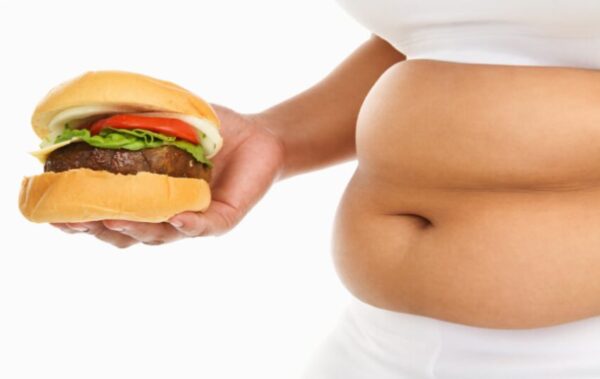Lifestyle
3 ways a high-protein diet can cause weight gain

On your journey to lose weight, you will come across several studies which will suggest how important it is to take a sufficient amount of protein in a day.
Protein is the building block of the cell, which helps in muscle growth and increases satiety, thereby keeping you fuller for a longer time. Replacing carbs and fat with more protein-rich foods is considered the most effective way to shed kilos.
But protein still contains calories and excessive calories intake in any form can lead to weight gain.
According to a 2015 study, people whose diet was made up of more than 20 per cent protein (especially animal protein) were more likely to gain 10 per cent of their body weight as compared to those who had less than 15 per cent protein in a day.
Here are three ways a high-protein diet can make you gain weight over time.
1. More protein means more calories
Every food and drink you have in a day contains some amount of calories. To lose weight you need to consume calories in a fixed amount. Too many calories in a day can contribute to weight gain, especially if you take animal-based protein. All the extra calories from the food are stored in the body as fat and may reflect on your weighing scale.
2. Cutting too many carbs may lead to binge eating
Protein is an essential micronutrient but sufficient intake of carbs and fat are equally important. Every nutrient has a fixed role to play in the body and by cutting them from your diet you may have to face some unpleasant consequences. Insufficient carb intake may affect your mood and increase the craving for unhealthy foods, which can lead to binge eating. That’s because glucose is the preferred source of energy for our body, which is derived from carbs. When the brain finally gets carbs it craves more for it and there are high chances that one may overdo it.
3. Less fiber intake may hamper your weight loss goal
Carbs are also a good source of fiber, which helps to absorb fluid and increases satiety. This prevents you from indulging in unhealthy munching. Fiber keeps you fuller for a longer time and keeps your digestive system healthy by feeding your gut bacteria and eventually helps you lose weight. But when you consume more protein, your gut bacteria is not feeding, which may lead to different digestive issues. For your body to lose weight effectively, your digestive system must work properly.
Side-effects of having a high-protein diet
Having a very high-protein diet not only leads to weight gain but can also impact your health in numerous ways. Other side-effects of eating a high protein diet may include.
Kidney disorder: High-protein can take a toll on your kidneys and is even worse for those already suffering from kidney issues. That’s because the extraction of nitrogen (found in amino acids which form protein) puts a lot of pressure on our kidneys and can damage them.
Heart problems: Animal-based sources of protein also contain a high amount of fat, which may contribute to cardiovascular issues.
Constipation: Excess protein intake and less carb intake can also make you feel constipated. That’s because fiber present in carbs bulks up the stool and makes them pass through the body easily.
How much protein you should eat in a day
In general, adults must eat 0.8 grams of protein per kilo of their body weight every day. When trying to build muscles, it can range from 1.2-1.7 grams of protein per kilo of body weight daily.










